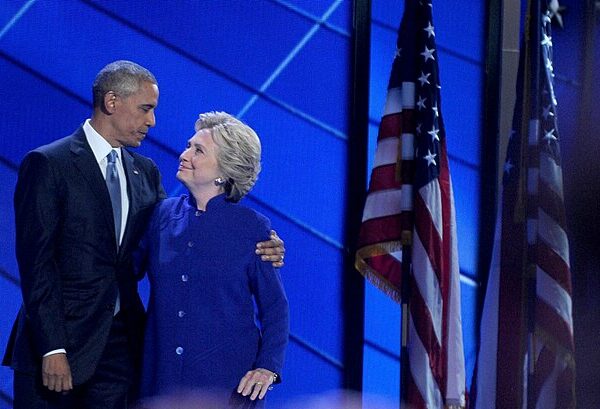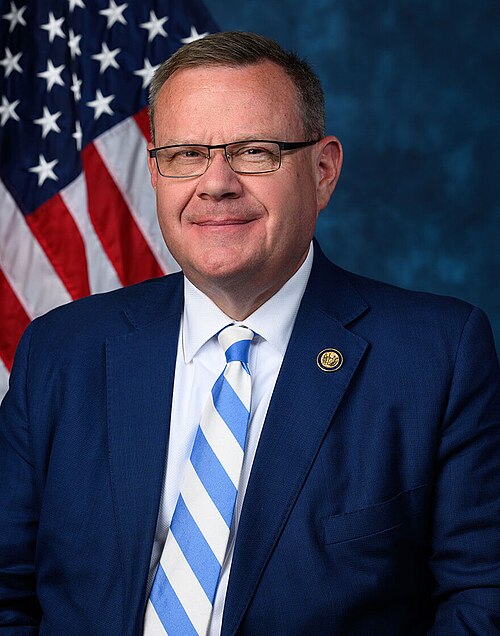
Senator Ted Cruz is urging the Department of Justice to investigate whether presidential pardons issued during Joe Biden’s term were legally valid if they were signed using an autopen without Biden’s direct authorization. The move highlights a growing legal and constitutional debate over executive authority and the mechanics of presidential action.
The controversy centers on the use of an autopen—a mechanical device that replicates a person’s signature—allegedly employed to sign multiple pardons during Biden’s final months in office. Cruz claimed that while Hunter Biden’s pardon appears to have been signed by hand, others may have been authorized without Biden’s awareness. President Trump has labeled such pardons “void,” calling them evidence of Biden’s incapacity and the administration’s efforts to conceal it.
On his podcast Verdict, Cruz argued that although the Constitution grants the president “Power to grant Reprieves and Pardons,” it presumes that such acts are personally authorized, according to The Washington Examiner.
Assessing the “legal significance” of Biden’s autopen use, Cruz said that it is reported that Biden personally signed the pardon of his son, Hunter Biden, but that “the rest” of the pardons were signed through autopen. He also noted that the Constitution does not specify that pardons must be in writing, but does state that the ability to grant pardons lies with the president.
“And so what President Trump alleged is Biden didn’t know about this, didn’t know what he was doing, it was not his decision,” Cruz explained on his podcast, “Verdict with Ted Cruz”. “I think it is entirely possible that we will see the Department of Justice prosecute someone who has received one of these autopen pardons. If they prosecute someone, it’s going to be someone for whom there is clear evidence of a federal criminal violation, but also it will be someone who there is evidence that Biden didn’t know about it.”
In terms of finding evidence needed to prove Biden’s lack of knowledge, Cruz said prosecutors could look at “public statements” and interviews to see whether the former president made any remarks regarding pardons.
The senator also suggested that Biden’s autopen use extended to bills he signed into law, citing how the Constitution states in Article I, Section 7 that a president must “sign” a bill before it is considered law. Cruz continued by explaining that a 2005 decision by the DOJ’s Office of Legal Counsel said that a president can sign a bill by directing a “subordinate” to sign through autopen, meaning an argument could be made on whether or not Biden used this method to sign bills.
Joe Biden used an autopen to sign legislation and to issue pardons.
What does it mean when President Trump says he’s going to investigate that?
We explain on Verdict: https://t.co/gtV6S9US1g pic.twitter.com/V6EQ8Lj8Uo
— Ted Cruz (@tedcruz) June 9, 2025
The Biden-era autopen issue is now the subject of a formal DOJ review under the Trump administration, led by Ed Martin, Trump’s recently appointed pardon attorney, Reuters wrote. The White House has endorsed the inquiry, framing it as necessary to restore public confidence in presidential decision-making.
The dispute touches on longstanding questions of executive power and delegation. While presidents may rely on staff to execute routine functions, core constitutional powers—such as issuing pardons or signing bills—arguably demand personal engagement. If it can be shown that Biden was unaware or incapable of making such decisions, courts may be asked to decide whether those acts were valid.
Executive orders, like pardons, require presidential authorization but not necessarily a handwritten signature. However, if a pattern emerges showing Biden was detached from official decision-making, it could trigger scrutiny of other actions—including executive orders, regulatory directives, and legislative approvals—potentially undermining a range of policies enacted during his term.
[Read More: Trump Approval Shocks Dems]











